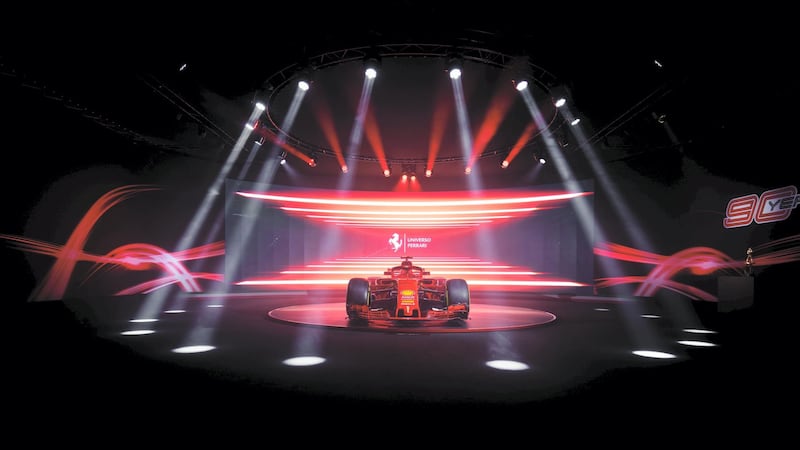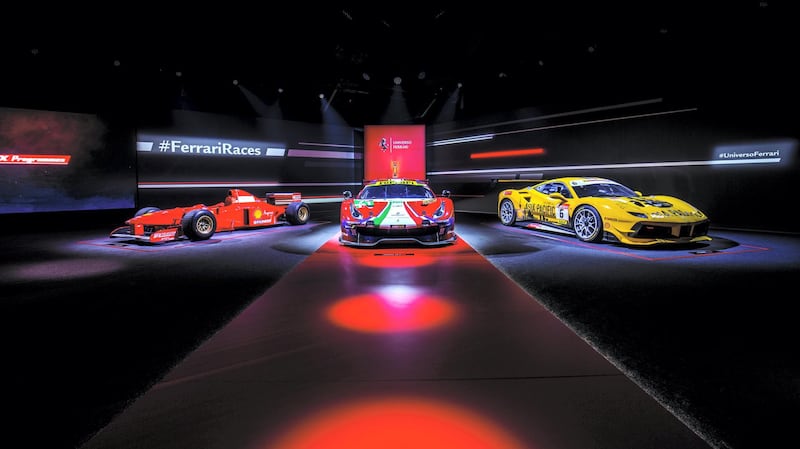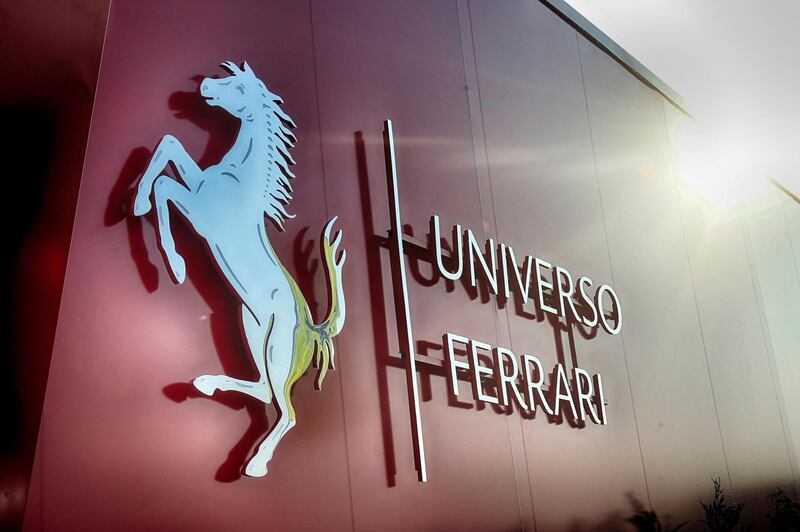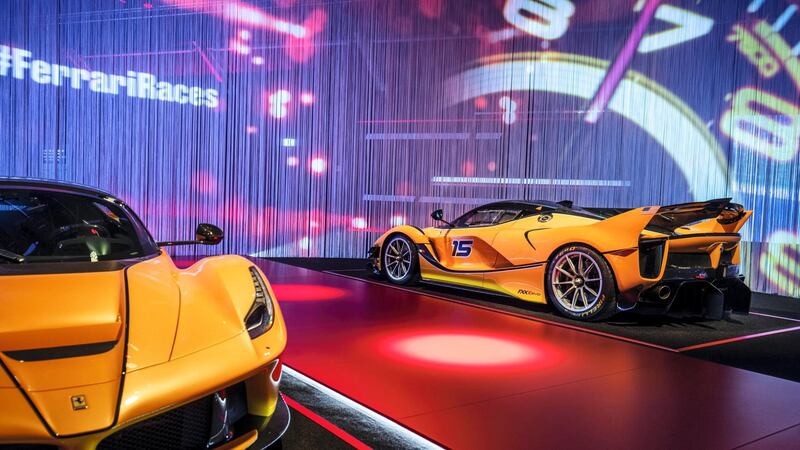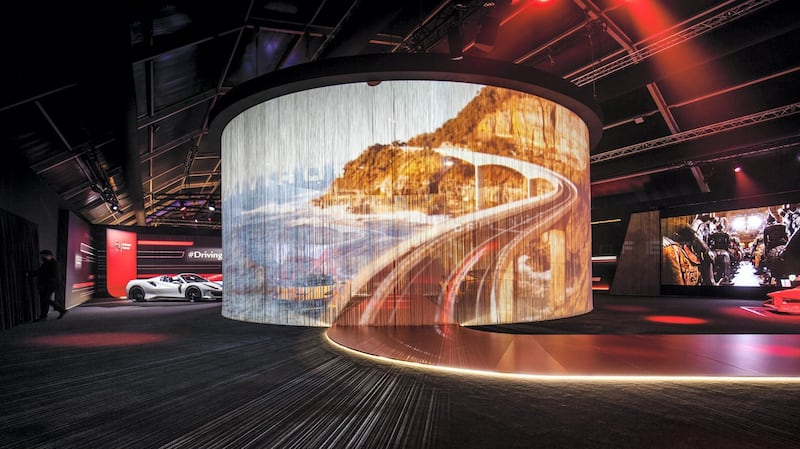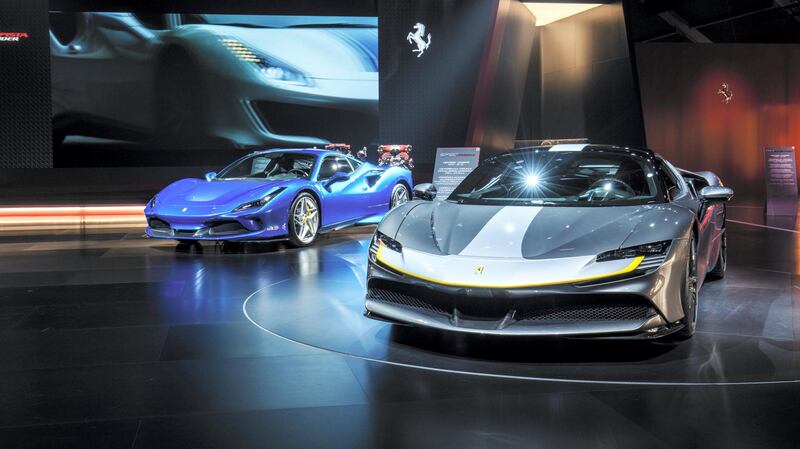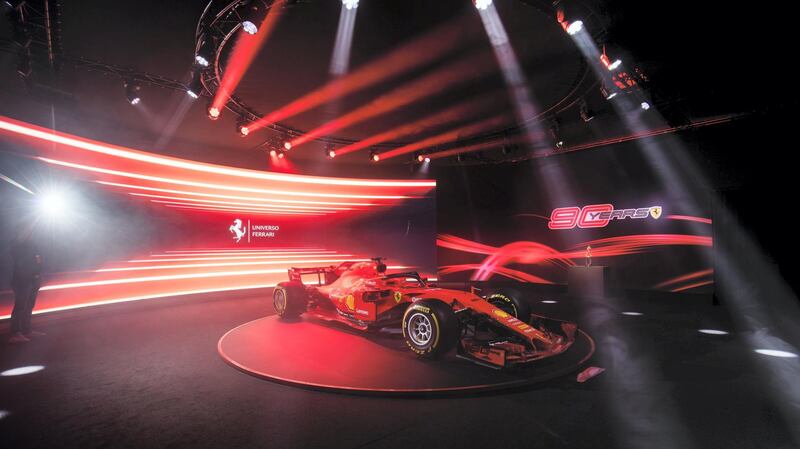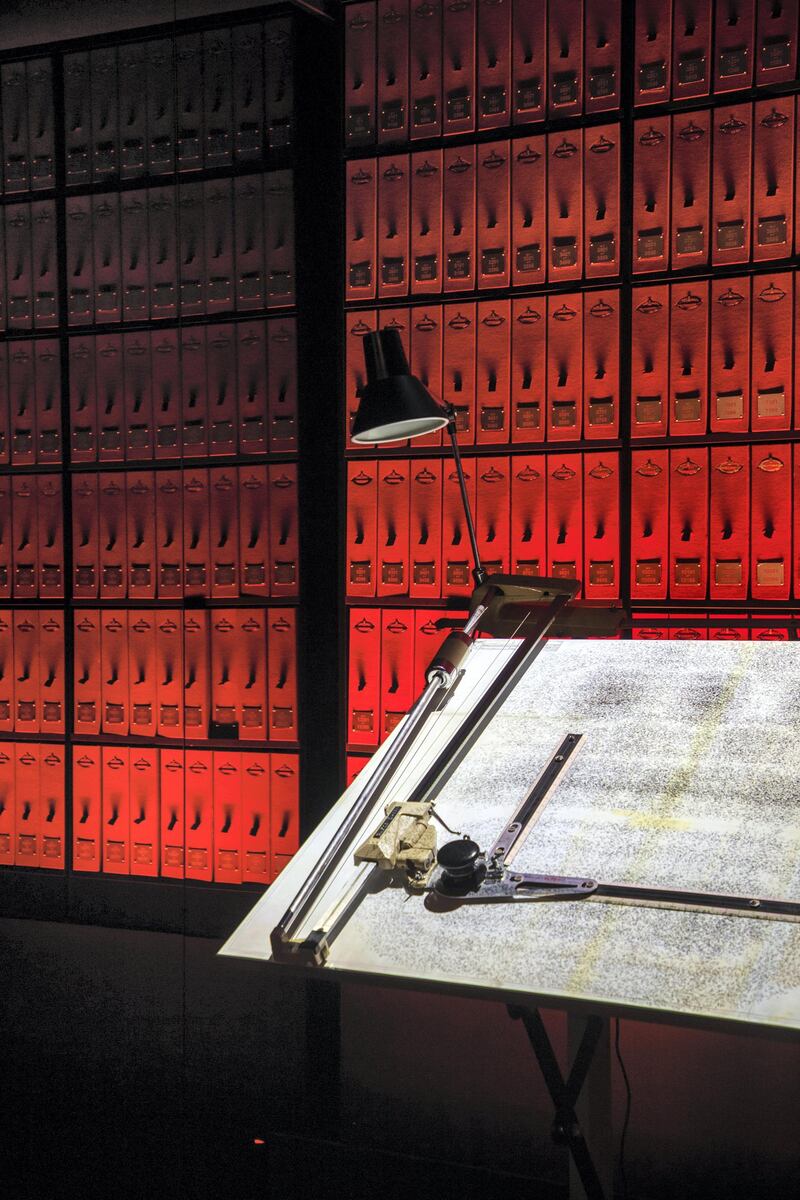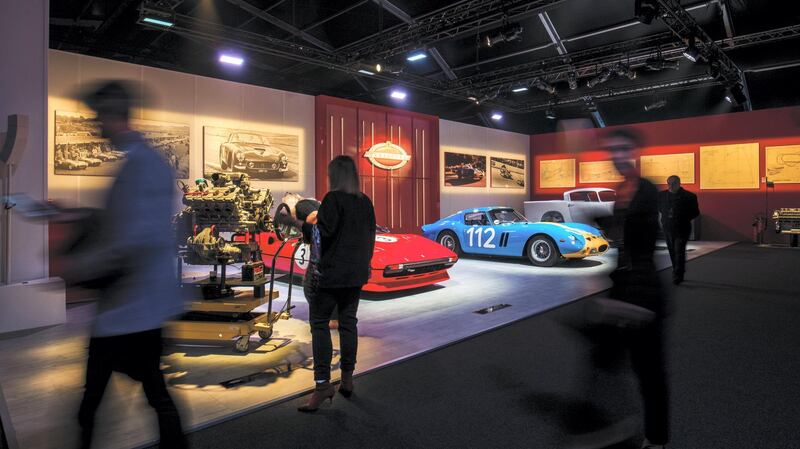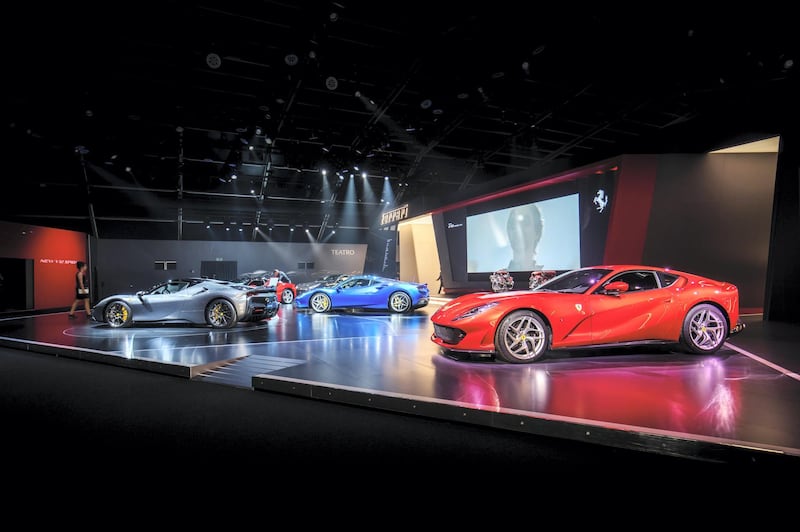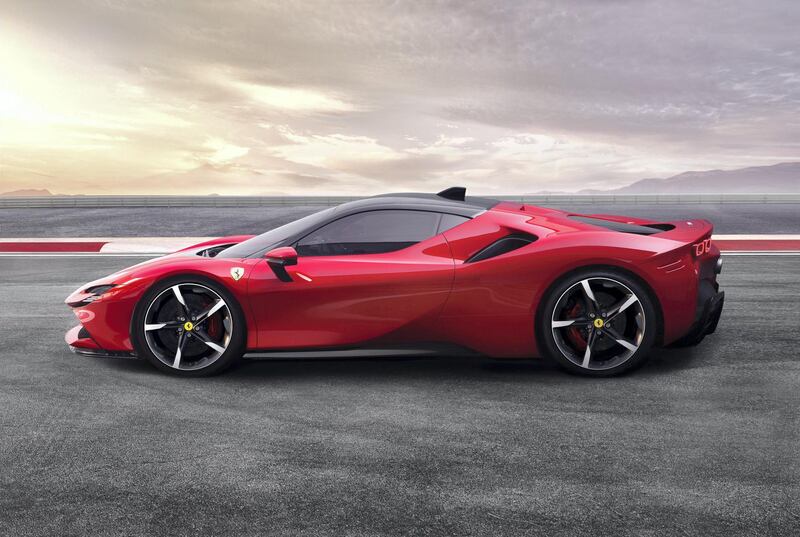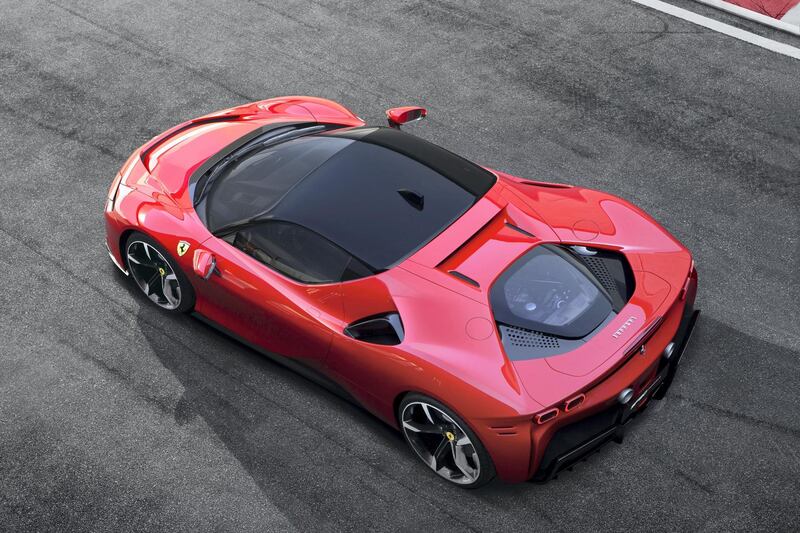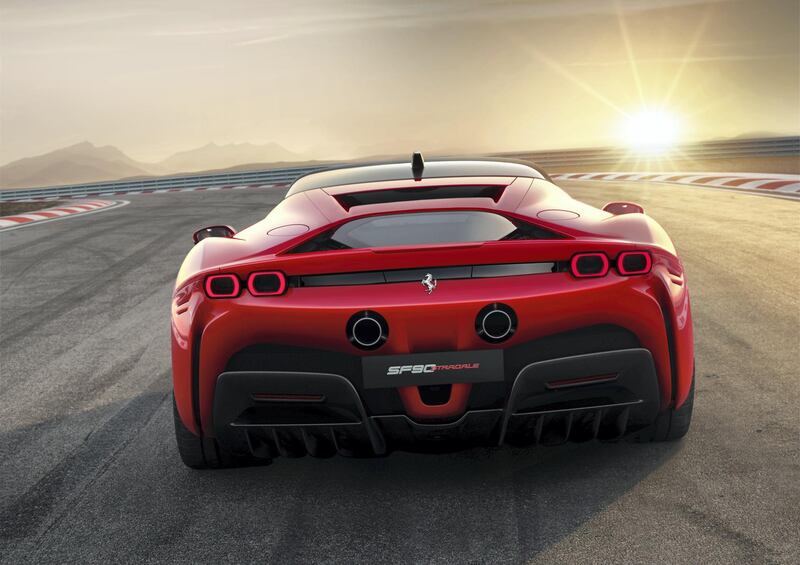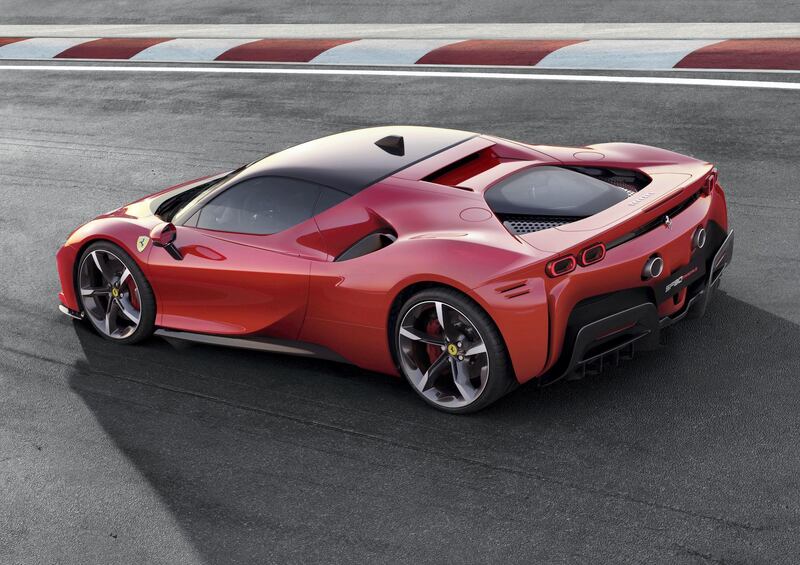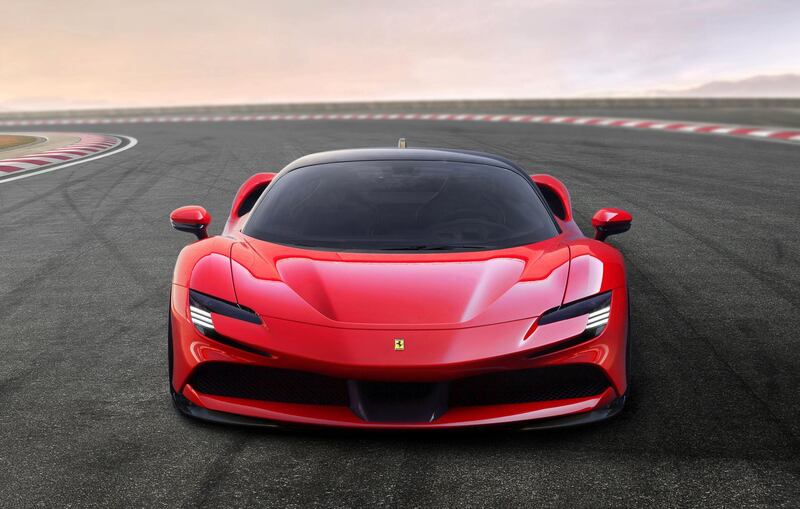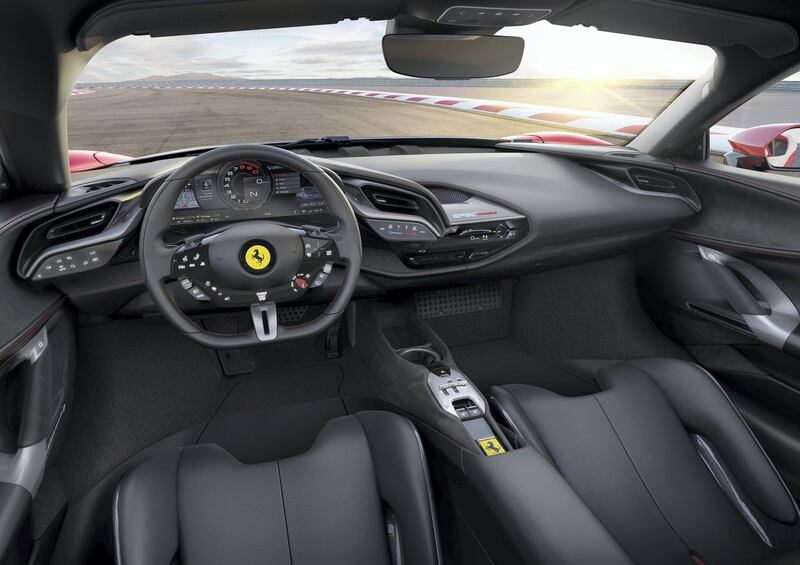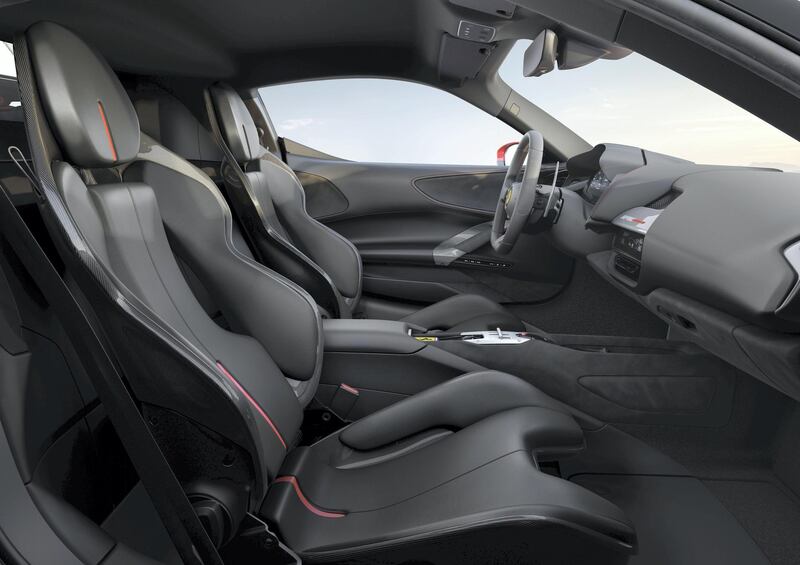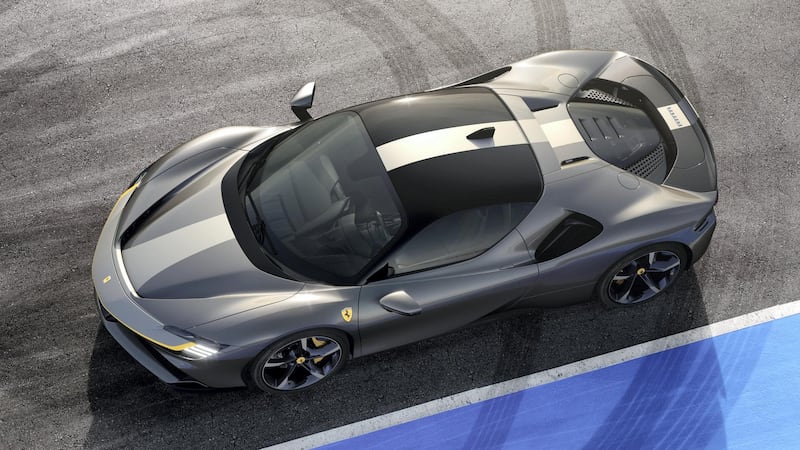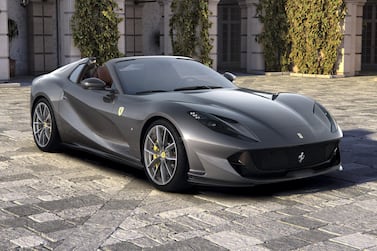You would think the coincidence of Ferrari turning 90 in the same week the world's biggest motor show is held would have resulted in week-long parties on the stands of the biennial International Motor Show in Frankfurt, yet the Italian manufacturer didn't even show up.
Along with Toyota, Lexus, Fiat, Chrysler, Renault, Nissan, General Motors, Peugeot and Citroen, Ferrari chose not to attend the event, leading some people to speculate whether traditional motor shows were becoming less relevant. But is it actually Ferrari that is losing its relevance in a fast-changing market pushed by an EU-funded message of zero emission mobility, sustainability and driverless cars?
For a company that survives on high-octane, twin-turbocharged V8 and V12 supercars fuelled by a marketing budget that funds the most famous team in Formula One motor racing, Ferrari appears to be swimming against the tide as it plans for its centennial celebrations in the next decade.
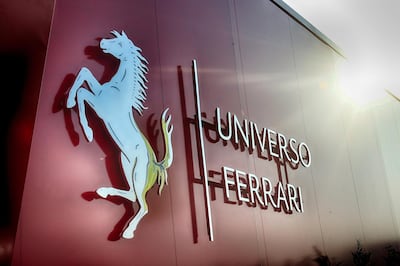
Rather than roll over and accept fate, however, Ferrari used the past week to announce its future direction, which plans to not only face up to the new challenges in the automotive world, but to do so without sacrificing its core values – as best it can – that are hinged on large-capacity petrol engines and F1. Frankfurt was not the place it needed to be.
Universo Ferrari: 90th anniversary celebrations
While the prestigious auto show was taking place across the border in Germany, Ferrari launched two cars at its own event in Maranello. It helped that only a day earlier, its F1 team won the Italian Grand Prix in Monza after its victory in Stavelot, Belgium, a week earlier, with both trophies proudly on display at the Ferrari event.
"This year we decided not to go to Frankfurt and instead invest our time and money here at 'Universo Ferrari' because we wanted to have something unpredictable, which offered a lot of space and allowed us to have a direct relationship with our customers," Emanuele Carando, head of product marketing for Ferrari, explained.
The atmosphere at the event was buzzing not only because of the F1 wins, but also as this is the first time Ferrari has released two models at the same time. The company unveiled its convertible V12-powered 812 GTS and the twin-turbo V8, F8 Spider, all under the theme of it being 90 years since founder Enzo Ferrari formed the racing team that spurred the road car business.
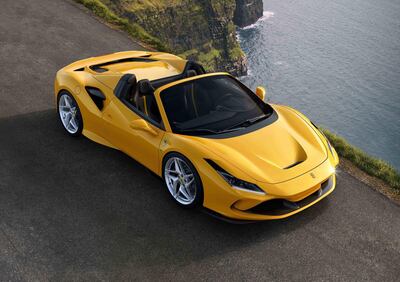
The month-long Universo Ferrari campaign marks the first time an event for the public has been held behind the factory gates, amid 10,000 square metres of show space constructed on the edge of its Fiorano test track. It offers a fully immersive experience, starting from the classic car restoration division through to the motorsports sector, F1 and car club events, culminating in a motor show stand that showcases its full range of new models.
"We always have a very tight relationship with our customers," Carando said. "This is something which is specific to Ferrari because of the low numbers we produce."
The word “unpredictable” was used often throughout the various presentations as a way for Ferrari to soften its loyal customers and shareholders in preparation for change.
"We are executing a new launch plan we designed three years ago and this week is the culmination of that development as we try to create a new product that has been completely redesigned," Enrico Galliera, Ferrari's chief marketing and commercial officer, said.
Basing its campaigns around being “unpredictable” is a key element Ferrari has been working on – and this is reflected in the Universo Ferrari concept, not just because it launched two cars on one day but also because it’s going hybrid, as demonstrated with the recent SF90 Stradale Plug-In Hybrid announcement.
This is what the SF90 Stradale Plug-In Hybrid looks like:
"The SF90 Stradale hybrid was not something the market was expecting and it was not something that was existing in the market either," Galliera added. "We created a new segment with that car."
So what of these two brand-new cars? Are they still as relevant in the era of electric vehicles? Well, the 812 GTS is the first front engine V12 open top Ferrari to be unveiled in 50 years – but it's also the model that will extend the famous V12 engine's life before it is legislated out of existence.
"We are challenging ourselves to remain fully compliant with EU regulations for the V12," Carando said. "There are challenges, but we always ensure that our cars are fully homologated in every country. We will develop a normally aspirated V12 for as long as the regulations will allow us.
Our customers would cry if we lost that, because hearing the sound of the V12 is something that is so heavily linked to our heritage that we cannot lose it.”
Driving the car felt like being reunited with a loveable relic from another era. Its glorious 789-brake horsepower, 6.5-litre V12 is the second most powerful naturally aspirated engine to be made, after the Dh8 million uber-rare Aston Martin Valkyrie and, like a Swiss watch, it's a tribute to the mechanical craftsmanship of the maker. Its giant lump of an engine sits in front of the driver yet spins like a sewing machine to an 8,900-revolutions-per-minute redline with zero vibration. The 812 powers on to a top speed of 340 kilometres per hour, passing 100kph in 2.9 seconds, yet at the same time offers up a luxurious interior lathered not in lightweight carbon fibre but leather, with storage behind the front seats for the Superfast and stowage for the roof in the GTS.
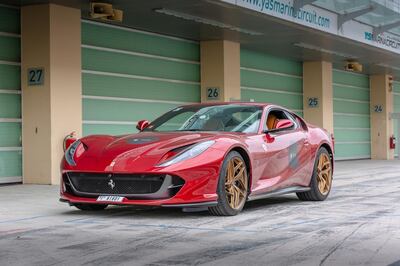
Despite using electric steering, the car was super-quick and responsive on windy roads. It helped make the 812 an absurdly easy car to drive on the limit and more confidence-inspiring than the previous F12. The overriding sensation, however, was the shrill sound from the high-buzzing V12 up front.
The Purosangue SUV and other future plans
Ferrari's new model spree will continue with the highly anticipated Purosangue SUV, due in 2022, as part of an ambitious 15 model roll-out before 2023. That will also include hybrid V6 and V8 options taken from the SF90 for the four-seat off-roader.
When pressed about what's next for the brand, Carando said: "It goes back to one of our key words, 'unpredictability'. Who knows what will happen next?
I wouldn’t say the naturally aspirated engine is dead, I wouldn’t say the turbo is dead or that all the next cars will be hybrid. Everything is on the table.”
The EU-adopted regulations ensure that, from 2030, all new cars will emit on average 37.5 per cent less carbon dioxide compared to 2021 levels, while between 2025 and 2029 vehicles will need to emit 15 per cent fewer emissions. Ferrari's head of technical development, Michael Leiters, said he accepted the challenge and had worked hard with his team to ensure the 812 GTS also included modifications to its V12 to meet the latest requirements.
"We will fight for this engine," he said. "We now have regulations that forced us to put a particulate filter on the GTS, but we have good ideas for further development."
The exhaust filter he referred to is the first fitted to a Ferrari as required by law, but robbed it of performance. However, Leiters said the performance had been restored through some clever engineering. "It was difficult to recover the horsepower but we have reached a level of specific power output that, for a naturally aspirated engine, is huge and is back to where we were pre-filter."
Entering the era of electric
The battle between supercar manufacturers and anti-pollution legislation will continue, as environmentally friendly requirements are stepped up. But Galliera said that Ferrari, while not willing to concede, was ready to adapt. "Even though we are an exclusive brand with few models, we have to keep our shareholders happy by growing the company," he said. "We will not achieve growth through an increase in volume for a single model. The execution is now different because that's not exclusivity.
We will create new segments, new opportunities and new products, which will allow us to achieve better results without pumping the volume of a specific model.”
Ferrari will diversify with more models that will not only include the Purosangue SUV but also some left-field alternatives that are in keeping with its "unpredictable" push. Releasing five models this year alone hints at a future in which we will see a more varied range but in low volumes, while adding a smattering of hybrids will be Ferrari's key to survival.
The company needs a V12 to remain significant to its loyal customer base, yet its relevancy to the wider population points to more mixture in the range and electrification through hybridisation.
The automotive world will change but there will always be demand for high-end, exclusive brands such as Ferrari and, dare I say, its V12 as well.
